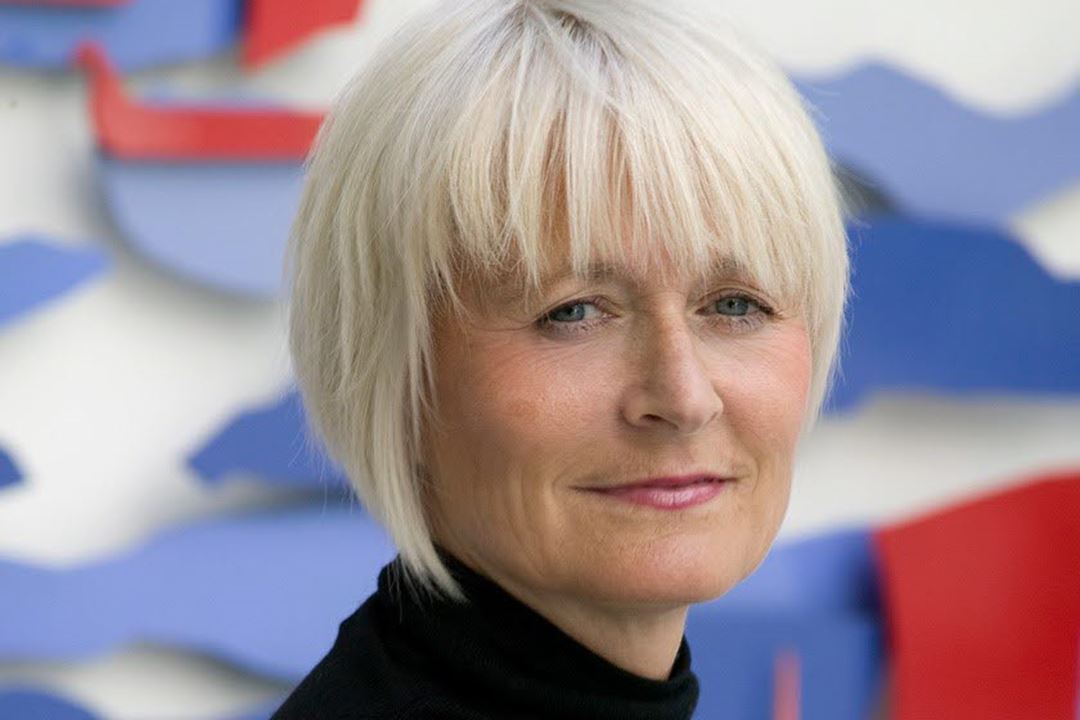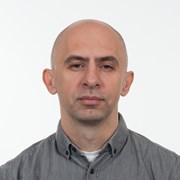– The iProcess Kickoff in Trondheim was a very constructive two days, says project manager Dr. Marit Aursand of Sintef Fisheries and Aquaculture.
– Yes, we got to dream of eradicating fear number one for all innovators, The Valley of Death. On a more realistic note, we discussed how the project should benefit also the smaller producers, so that they can be more profitable. The industry partners got the opportunity to be very clear about their expectations. I cannot guarantee that we will be able to fulfill all of them, but we will certainly try!
Trying to sum up the iProcess Kickoff, Dr. Aursand has an eye and mind for all aspects of this groundbreaking project, and its inherent complexity.
– The researchers working on automatization – the replacement of human eye, hand and brain – had been doing first class work in forehand. That way they were able to emphasize the need to generate more knowledge on this subject, and the need for more research to reach the necessary solutions. It is easy to make the assumption that these solutions come off the shelf. They do not.
– Have you all agreed on which cases iProcess will be working on? – Nothing is decided, but many well thought out suggestions were made. Cases that on one hand are basic research, and on the other hand can be implemented into the industry very soon.
The food process industry's challenges of becoming more efficient, and make greater use of automatization, to be able to produce more efficient and more oriented towards markets are evident to Dr. Aursand.
– If the food processing industry wants to overcome these challenges, it is imperative that they work close with research environments. There is a great need to collect data from the entire value chain. Large amounts of big data in all directions – both regarding food quality and market needs. That way we can benefit from deep learning.
– And how can iProcess contribute to finding these solutions?
– By getting the most out of the iProcess projects interdisciplinary composition. Both amongst the researchers themselves, and combined with the industry there is a high grade of multidiciplinarity, Dr. Aursand explains – quite confident on behalf of the project.
– I am sure that iProcess will crank the food processing industry up a notch when it comes to efficiency. We might not revolutionize the world, but I am absolutely positive that we will make a difference.
For the iProcess project to become a success, Dr. Aursand calls for an All for one-attitude throughout the project group.
– We need to find and develop cases that are generic enough to resolve problems for more than one partner. For instance, it could be to find some sort of basic competence in sorting items in a wider range of product lines.


